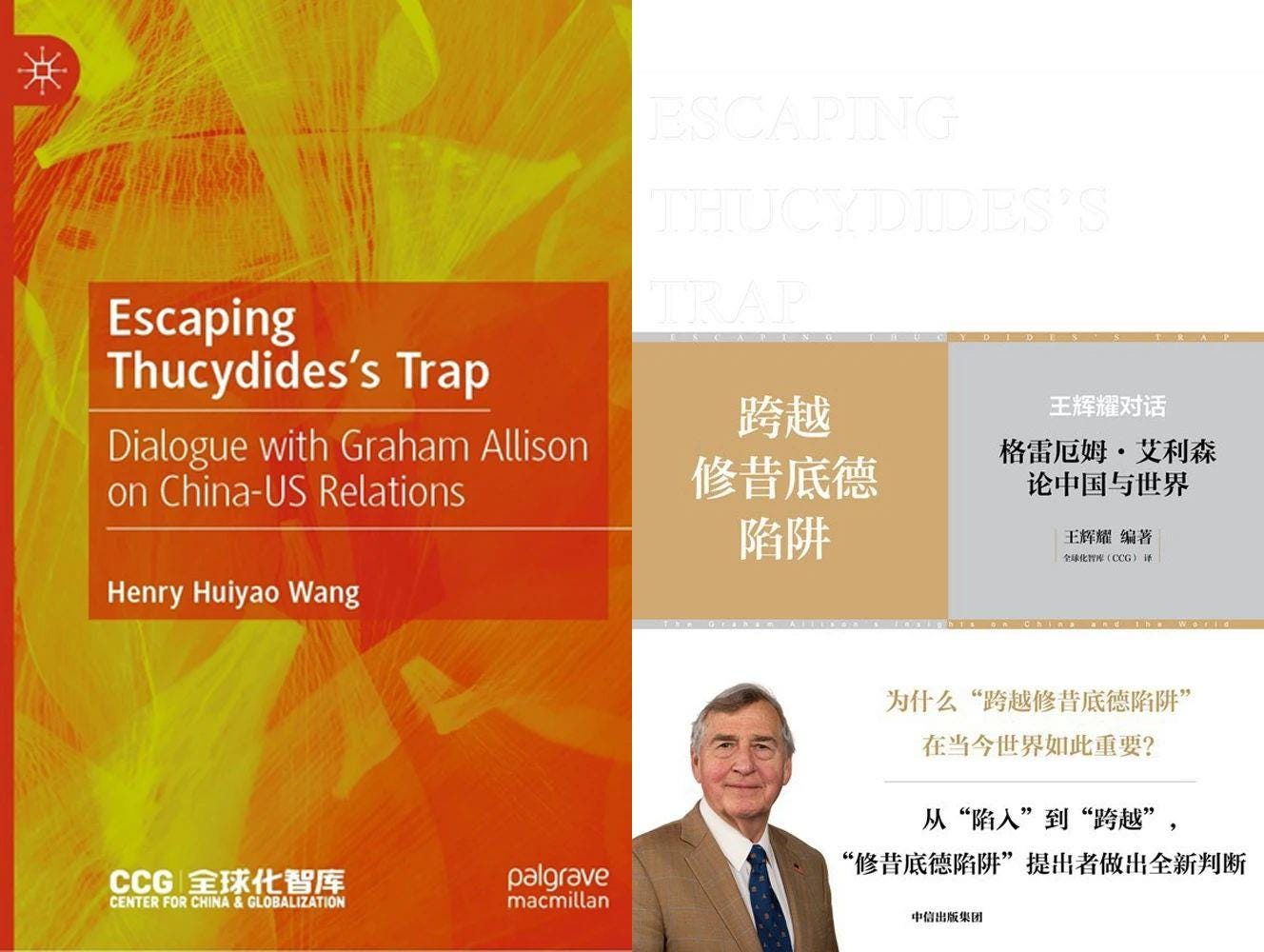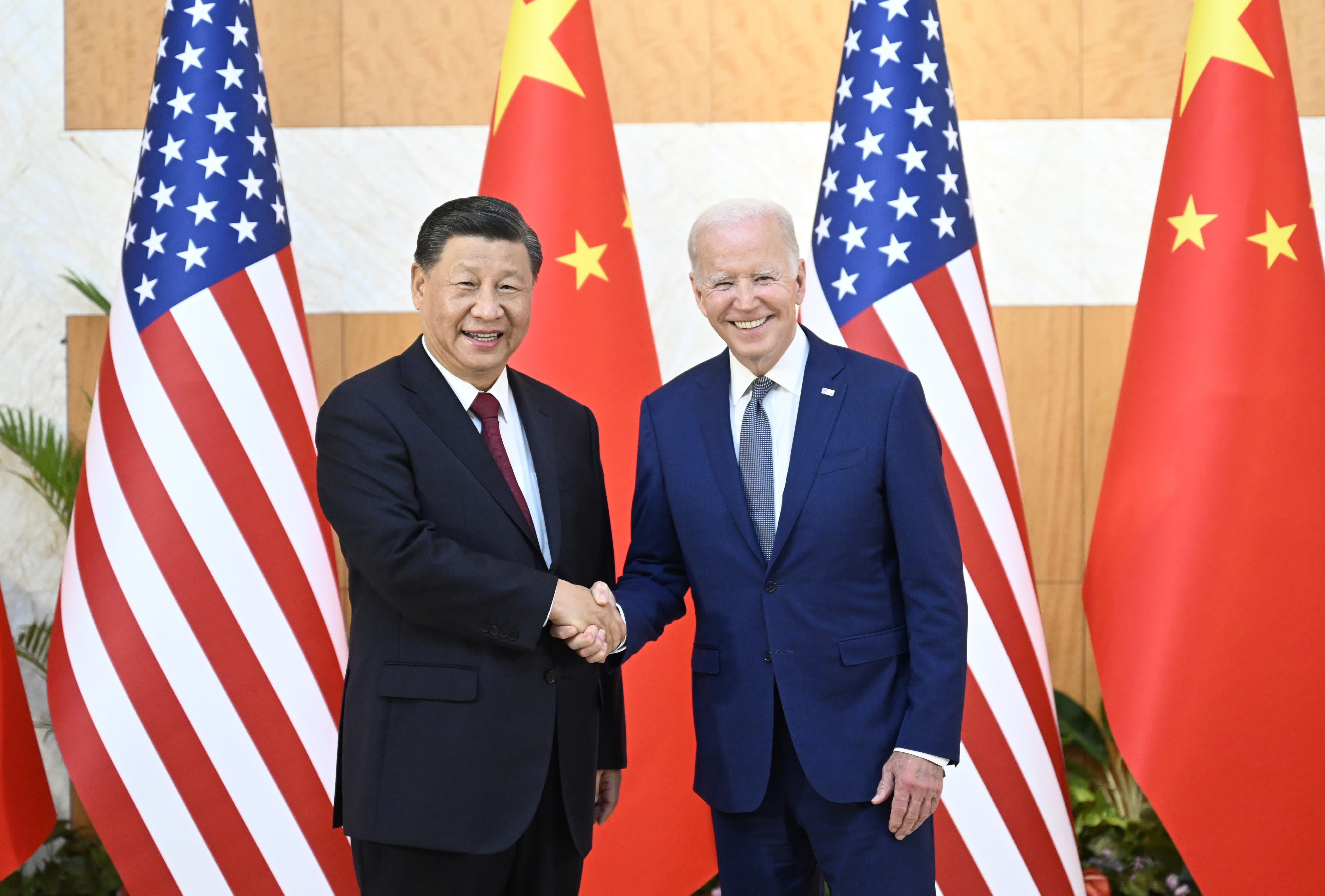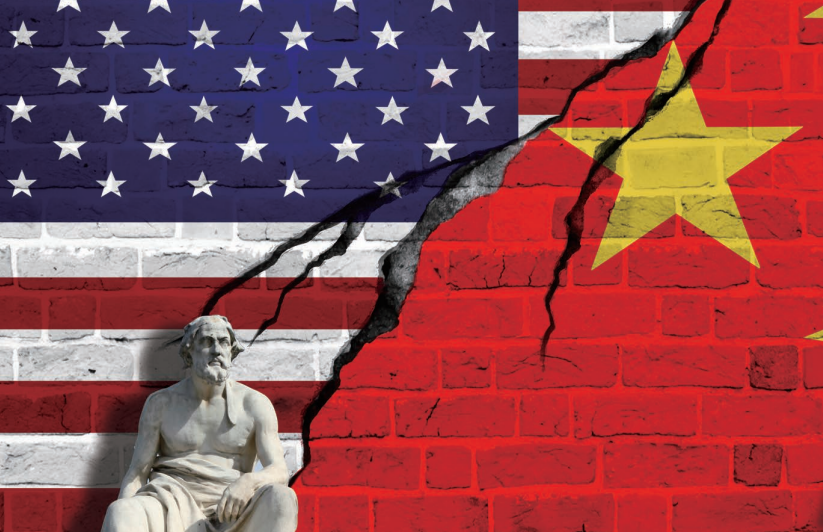Zhong Yin, Research Professor, Research Institute of Global Chinese and Area Studies, Beijing Language and Culture University
Apr 19, 2024
Fabricating a strategic architecture by uniting Japan, the Philippines and Australia with the United States will only accelerate the transformation of the region into opposing camps and drag the big powers into a dangerous Thucydides trap.

Wen Ying, Beijing-based commentator on international affairs
Apr 17, 2024
The story of Wu and Yue presents the Eastern idea of partnerships — “You are in me, and I am in you” is the way Chinese President Xi Jinping put it. Differences between China and America should not impede collaborative efforts for the common good.
Tao Wenzhao, Honorary Member of the Chinese Academy of Social Sciences; Fellow, CASS Institute of American Studies
Nov 18, 2022
The warm smiles of presidents Xi Jinping and Joe Biden as they shook hands in Bali showed that the two countries are not intractable rivals. They may never be free of competition and struggle, but by using the meeting as a compass they can achieve good things for themselves and the world.
Sun Chenghao, Fellow, Center for International Security and Strategy of Tsinghua University; Visiting Scholar, Paul Tsai China Center of Yale Law School
Su Liuqiang, Research Fellow, SIIS
Nov 18, 2022
Since the 1970s, China and the United States have been able to carve out a strategic framework for collaboration, competition and cooperation. The result is that stability and growth have generally been guaranteed despite the periodic ups and downs. This needs to happen again.

David Shambaugh, Gaston Sigur Professor and Director of China Policy Program at George Washington University, Distinguished Visiting Fellow at Hoover Institution of Stanford University
Nov 18, 2022
Presidents Xi Jinping and Joseph Biden met for over three hours in Bali in advance of the G-20 Summit. The discussion was another frank exchange that aired the differences between the two sides, and it also succeeded in establishing some more regularized working level exchanges between the two governments.
Doug Bandow, Senior Fellow, Cato Institute
Nov 15, 2022
U.S.-China relations seemingly take place between two inevitable foes, descending each week over a multitude of rows ranging from economic to ideological. However, the imminent threat that each side believes the other to be is an exaggeration of manageable competition between two powerful and influential nations.
Lawrence Lau, Ralph and Claire Landau Professor of Economics, CUHK
Nov 04, 2022
We are living in a very different world. Shifting macroeconomic trends including diversification and second sourcing because of de-globalization and de-coupling have significant implications for the global economy. The strategic competition between the United States and China and other major geopolitical developments will fundamentally shape the world we live in.
Dong Chunling, Deputy Director, Office of the Center for the Study of a Holistic View of National Security, CICIR
Oct 03, 2022
The U.S. strategic community’s assessment of America’s China policy can make a major difference in bilateral relations. Crises have a double edge: They provide challenges but also opportunities. Whether or not U.S. leaders will listen to the experts remains an open question.

Zhu Feng, Director, Institute of International Studies, Nanjing University
Sep 30, 2022
Major-country relations are changing dramatically. Chinese academics and political leaders should conduct an in-depth analysis of what China faces. The United States has already started a new Cold War in regional and global industrial chains.
Victor Zhikai Gao, Chair Professor at Soochow University, Vice President of CCG
Jul 16, 2021
There is just one conclusion to be drawn from the geopolitical confusion created by Washington’s maximum confrontation policy: Rather than war, China and America are actually destined for peace. This is the true mega trend in bilateral relations.